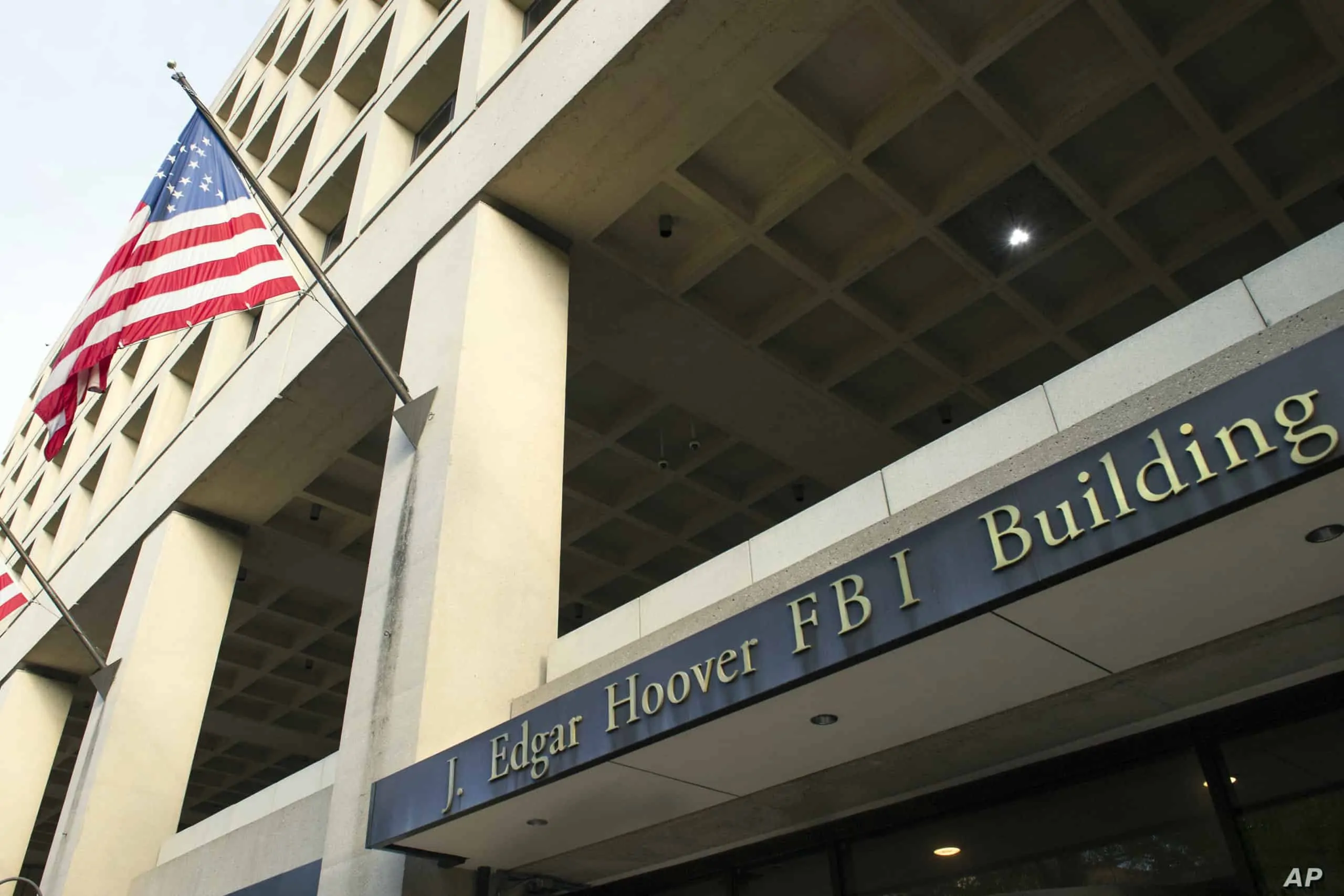In a recent complaint, the FBI and other US authorities say they will seize funds stored in 155 Bitcoin addresses, which are believed to have been used by terrorist groups such as ISIS and Al-Qaeda for terrorist financing.
El FBI (Federal Bureau of Investigation), the Internal Revenue Service Cybercrime (IRS-CI) and the Homeland Security Investigations Unit (HSI) presented a complaint by confiscation where they claim that a total of 155 addresses of Bitcoin were being used by Al-Qaeda, ISIS and Hamas for money laundering. According to the complaint, these addresses were used to solicit donations in Telegram groups and other social networks to raise money and promote terrorist objectives.
As of this writing, U.S. authorities have not disclosed the amount of bitcoins stored at these addresses, only stating that this is the “largest seizure of cryptocurrency accounts held by terrorist organizations” where several million dollars are stored.
To carry out the investigations, the authorities used tools developed by Chainalysis, a renowned intelligence and analytics firm blockchain, and Excygent, a company specializing in financial crime research and analysis. In its report, Chainalysis notes that it has already seized more than $1 million in cryptocurrency raised in campaigns for terrorist purposes. Meanwhile, the company's information platform, Chainalysis Market Intel, muestra that these figures represent only 1% of the total Bitcoin circulating in the markets.
It may interest you: Market Intel, a portal for the provision of data and information designed by Chainalysis
FBI shuts down social media groups and pages collecting Bitcoin donations
El report issued by Chainalysis reveals that the seizure of accounts by the United States Department of Justice comes from addresses hosted by Bitcoin Transfer, exchange Cryptocurrency exchange registered in Idlib Syria, which allows the exchange of cryptocurrencies for fiat money, including the dollar. Investigations carried out by the authorities, together with analysis and research companies, indicate that a large part of the addresses provided by this exchange were used to receive and launder donations from its followers, which is why the authorities are seeking to close its operations.
US authorities also announced the closure of several Telegram groups, Facebook pages and websites that were openly raising funds with false aims of charitable aid or selling medical products, but whose real intention was to cover up terrorist operations.
“IRS-CI’s ability to trace funds used by terrorist groups back to their source and dismantle the communications and financial networks of these radical groups directly prevents them from wreaking havoc around the world.”
Based on this investigation, authorities are seeking to seize funds stored in the addresses tracked within the exchange, although it remains operational as of this writing. Likewise, Chainalysis encourages other exchanges and trading houses to verify that the transactions they receive do not come from addresses associated with Bitcoin Transfer, in order to avoid future exposures.
Bitcoin and blockchain, transparent and trustworthy technologies
This is not the first time that cryptocurrency has been pointed out as one of the assets supposedly chosen and preferred by fraudulent organizations to carry out illicit activities, such as money laundering and terrorist financing. Although initially, when Bitcoin was launched on the market, it presented qualities and characteristics quite similar to and even superior to fiat money, cryptocurrency also has an underlying technology that is now widely known, studied and implemented: the blockchain.
Blockchain technology allows for a unique, detailed, accurate, transparent and reliable record of each of the transactions carried out with the cryptocurrency, from its beginnings in 2009 to the present. Being an open source technology, any person, company or organization can access the entire blockchain record to analyze or track any particular address or transaction. Simply because of this fact, it has been shown that Bitcoin is inefficient when it comes to carrying out illegal activities, and even more so knowing that the cryptocurrency does not guarantee anonymity on the network, as many mistakenly believed.
A recent example of this is the Massive hacking of Twitter accounts, where 3 young people accessed unauthorized accounts of important personalities and companies to promote a scam that intended to raise funds in Bitcoin. Although the hackers managed to get several unsuspecting users to transfer just over 130 thousand dollars in BTC at the time of the scam, a few days later the accounts were stolen. Authorities arrested those responsible by tracing the movements made from the addresses they promoted for the scam.
So, while there are still organizations, groups, and individuals who believe that placing their trust in Bitcoin to fund illegal activities is prudent, it is also important to highlight that the cryptocurrency was not designed for this, and that Bitcoin's characteristics do not allow criminals to get away with it. Furthermore, as with fiat money, which according to Chainalysis, is the preferred medium for criminals to hide their crimes, the fact that a small portion of these assets are misused does not diminish the value or importance of the project, which has so far proven to be a great alternative to traditional financial systems.
Finally, it is important to recognize that the authorities do a great job to prevent illicit activities related to cryptocurrencies and digital assets, but in traditional financial systems there have also been major scandals, such as the case of the German multinational Wirecard, whose “good reputation” collapsed like a house of cards when the corruption that existed within the company was discovered, with the disappearance of more than 1.900 billion euros from its accounts. In addition, several Reports Investigators say WireCard, along with executives from MasterCard and other organizations, is involved in illegal activities such as money laundering, terrorist financing and child abuse; and despite all the scandal, the UK financial regulator (FCA) lifted the sanctions and reagent the company's operations.
Continue reading: Bitcoin the best means of payment for foreign trade



